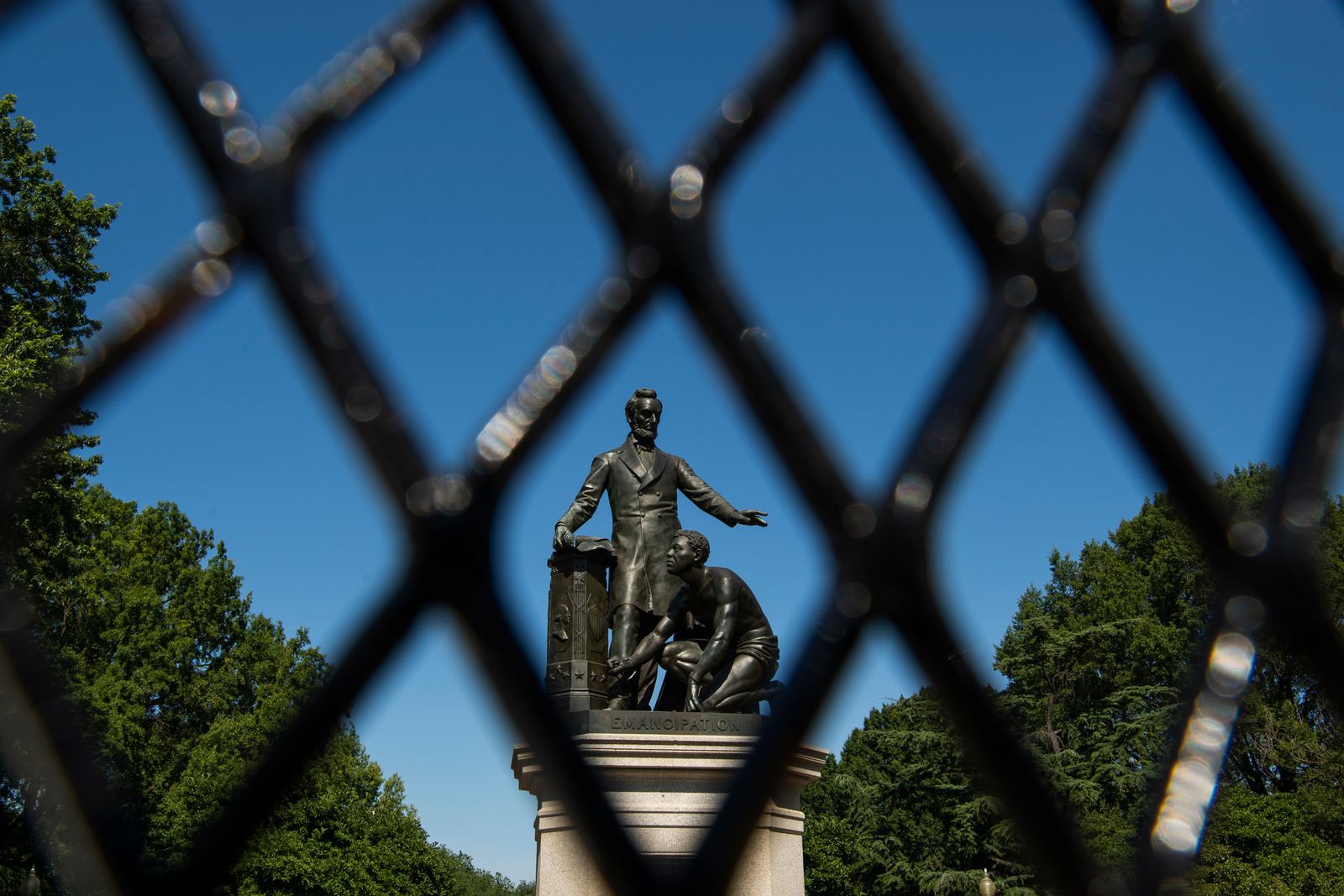PBS' FRONTLINE on Holocaust education in Germany ...
When you discuss this subject in your classrooms at the university level, how would you characterize the reactions and the responses of the students. How engaged are they?You can really see a cleavage among students both of the third and fourth post-Holocaust generational cohorts. Of course, students who take classes on a voluntary basis on the Holocaust are usually more interested in the subject than other students; it's a self selected group already because courses on the Holocaust are not required courses in any field on the university level, so my experiences are certainly not representative. But still, the cleavage which I perceive in my classroom corresponds to cleavages observed in the qualitative research colleagues and I have conducted.There are those students in the classroom who are more committed to learning about the Holocaust, to doing more research about the perpetrators' motives and the suffering of the victims, than maybe in any other previous generation of Germans. They intend to learn about anti-Semitism, including the anti-Semitism of their grandparents, a taboo topic in the debates of former decades which focused on Hitler's guilt or anonymous bureaucratic modern structures which were held responsible for Auschwitz. So there is a substantial amount of students who really want to know how it happened and how it could happen, and who were the culprits and the victims.But then you also have a fair amount of students who are more strongly opposing Holocaust remembrance than previous generations. They seek a "normal" German national identity and feel the Holocaust is too much of a burden, not an important part of German history, and that it has been over-represented in the media and public discourse. [Those who] are looking for a conventional national German identity or "German pride," tend to split off the Holocaust as a "general phenomenon" similar to crimes of all other nations. They tend to reject a post-conventional moral understanding of history and identity which reflects that the Holocaust -- this unprecedented crime and genocide -- is indeed part of one's German collective self-identity and self-image, and it needs to be because you can neither rewrite history nor escape the fact that you are shaped by your social and cultural background.The challenge is to self-reflect this criminal aspect of German history, including anti-Semitism. Those students who fully accept this particular responsibility and legacy tend to develop cosmopolitan, universalistic ethical values and post-national identities.But those students who say "I want to be proud of my country again and proud about our history" rather tend to -- and we have very substantial empirical studies about this -- not be interested in the Holocaust, not wanting to learn about it. They feel it is a burden which is superimposed to them by "others," and they tend to identify with rather conventional norms, ethnic identity narratives and moral systems.
Humanity in Action on "The Responsibility of Knowledge: Developing Holocaust Education for the Third Generation" ...
First, the goal of Holocaust education is to instruct the public “never to forget.” Second, the education is necessary to“develop competencies so that it never happens again.” Thus, Holocaust education, she believes, can be a tool for teaching democracy. As for the status quo, however, she laments that currently, Holocaust education only “imbues a sense of history, while human rights education gives the power to act.” Ideally, the two should not be mutually exclusive.
Frederick Douglass on monuments ...
“In doing honor to the memory of our friend and liberator,” [Frederick Douglass] said at the conclusion of his dedication speech, “we have been doing highest honors to ourselves and those who come after us ... it does not, as it seems to me, tell the whole truth, and perhaps no one monument could be made to tell the whole truth of any subject which it might be designed to illustrate.”

No comments:
Post a Comment